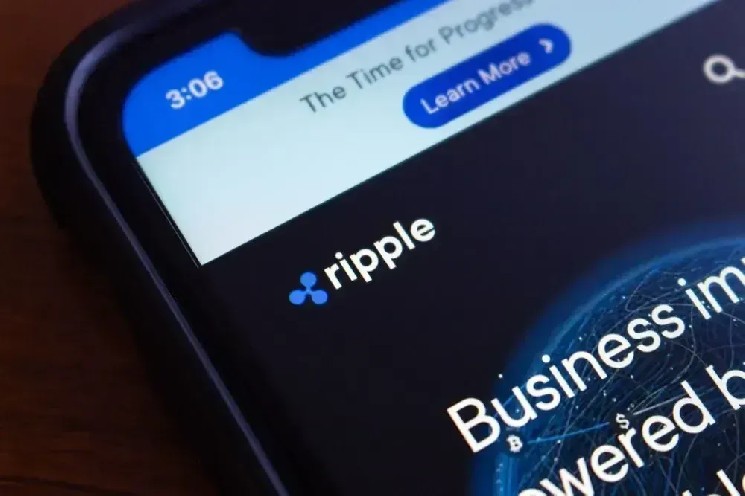Table of Contents
ToggleThe Whale that Bet on Trump's Victory
Recently, the prediction market Polymarket's forecast for the US presidential election has been widely questioned. According to a report in The New York Times, a representative of Polymarket stated in an interview with the media that after an investigation, it was found that the $28 million bet on Trump's victory belonged to an anonymous French citizen with a rich financial and trading background, who used four different accounts, namely Fredi9999, Theo4, PrincessCaro, and Michie.
The statement said that the trader's account funds came from a "well-known centralized cryptocurrency exchange", which other media have identified as the US-based exchange Kraken.
Regarding the allegations of market manipulation, the company spokesperson insisted that the investigation conducted in cooperation with the investigation company Nardello & Company did not find any evidence of market manipulation, and pointed out that the trader deliberately spread the bet into smaller positions to avoid drastic market fluctuations. In addition, Polymarket also contacted the trader, who stated that these positions were based on his personal views on the outcome of the 2024 US presidential election.
Discrepancy between Prediction Markets and Polls
Starting in October this year, the odds on Polymarket's presidential election bets began to heavily favor former US President Trump, raising concerns about market manipulation and prompting Polymarket to launch an investigation to identify potential US users.
However, Tarek Mansour, the founder of the prediction platform Kalshi, recently stated that Polymarket's odds are naturally formed, reflecting the real market sentiment, and Kalshi's data also shows the same election odds as Polymarket, with Trump clearly leading Harris.
Many believe that the significant difference between the data from prediction markets and polls is due to manipulation of the prediction markets. In its statement, Polymarket explained that prediction markets focus on participants' expectations or odds of a certain outcome, while opinion polls are surveys of attitudes towards specific behaviors (such as the proportion of people planning to vote for a particular candidate). Therefore, the results of prediction markets should not be misinterpreted as the exact number or support rate of a candidate. Polymarket believes that this misunderstanding is the main reason for the outside world to generate misinformation about them and other prediction market platforms.
Trump's odds on Polymarket rose sharply in early October, while the odds of the two candidates had been very close for the previous few months. In the first few weeks of August, Vice President Harris even led Trump by as much as 10%.
Critics of Polymarket and similar platforms believe that these platforms are less accurate than polls, and traders are making speculative bets without strong evidence. Supporters, including Musk, believe that prediction markets are a public resource, and due to monetary incentives, these markets more accurately reflect the sentiment of the election than polls.








